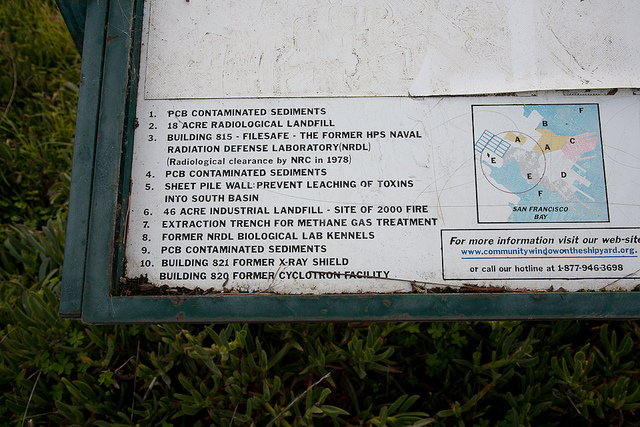An international study found that HIV is evolving rapidly, targeting different populations and challenging efforts to create a universal vaccine. According to the Los Angeles Times, researchers found that the virus has developed an “escape” mutation that enables it to evade key defensive molecules, and becomes less recognizable to some human immune systems, depending on national origin and genetic heritage. The study, published in the journal Nature, was an international collaboration and involved 2,800 participants. Though the news sounds discouraging, one researcher said that frequent mutations can make a virus weaker. Another told the BBC that future HIV vaccines would be constantly changing to keep up with viral evolution, much like the flu vaccine today.


